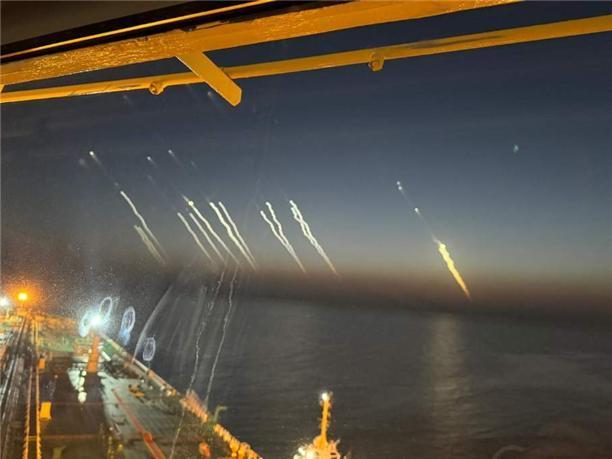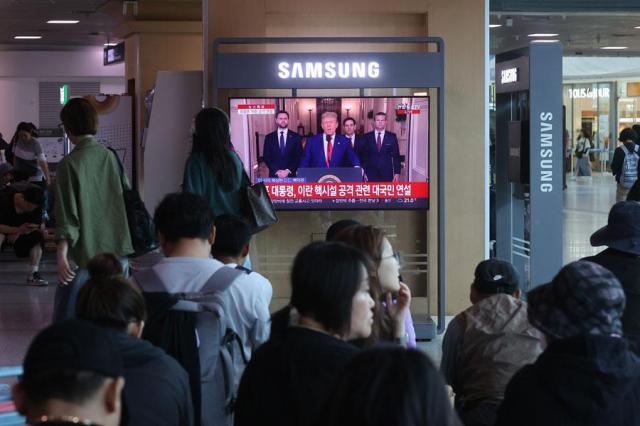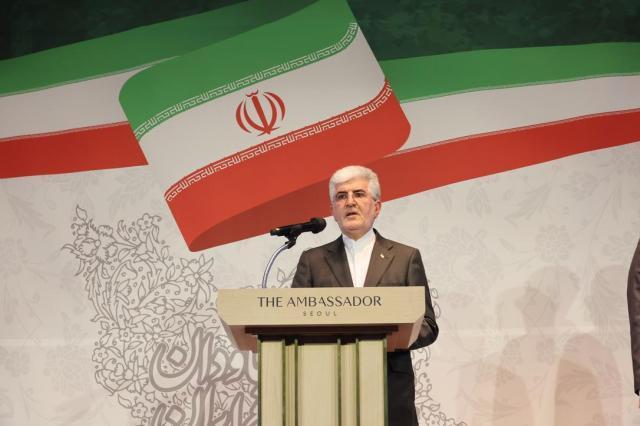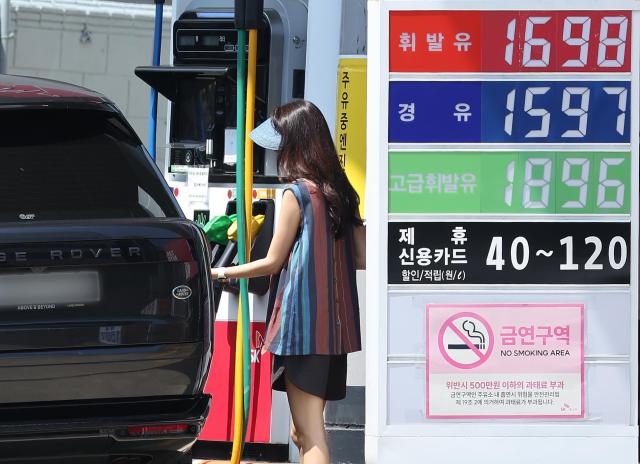
The move, seen as retaliation for recent U.S. military strikes on Iranian nuclear facilities, threatens to sever a critical artery through which nearly 70 percent of South Korea’s crude oil imports flow.
The narrow waterway, wedged between Iran and Oman, is one of the world’s most strategic maritime chokepoints. It serves as the primary conduit for oil from major Middle Eastern producers — including Saudi Arabia, Kuwait, and the United Arab Emirates — most of which must transit through the strait to reach Asian markets.
“Virtually all of South Korea’s Middle Eastern crude passes through Hormuz,” said an energy analyst in Seoul. “A shutdown would have immediate and far-reaching consequences for the Korean economy, especially in energy-intensive sectors.”
About 99 percent of Middle Eastern oil shipments to South Korea are routed through the strait, underscoring the country’s acute vulnerability to geopolitical shocks in the Persian Gulf.
The latest escalation sent crude oil prices sharply higher over the weekend, as markets absorbed the implications of a potential shipping blockade.
Domestic gasoline and diesel prices in South Korea, which had been declining for over a month, reversed course, with traders pricing in fears of prolonged supply disruptions. The surge is already squeezing corporate margins and curbing consumer spending.
Officials in Seoul convened emergency meetings over the weekend to weigh contingency measures. The government is exploring alternative supply routes and strategic reserve deployments, but officials privately concede that few viable options exist should the strait remain closed for an extended period.
The industrial sector is likely to be the hardest hit.
South Korea’s sprawling network of refineries, petrochemical complexes, and steel mills — most of which rely heavily on imported crude — could face production curtailments within weeks, analysts warned. Key export engines such as semiconductors and automobiles would also feel the ripple effects.
Construction firms, many of which depend on large-scale contracts in the Middle East, are watching the situation with growing unease. South Korean companies secured $5.64 billion in regional projects from January through May, accounting for nearly half of their total overseas orders, according to the International Contractors Association of Korea.
Economists warn that the crisis could not have come at a worse time. With global growth forecasts hovering around 2 percent and inflationary pressures mounting, a sustained oil price shock could tip South Korea’s economy into stagflation. Some projections suggest GDP growth could fall below 1 percent if military confrontation in the region intensifies.
“This is no longer a distant geopolitical risk,” one Seoul-based economist said. “It’s a direct threat to Korea’s economic stability.”
Copyright ⓒ Aju Press All rights reserved.





View more comments